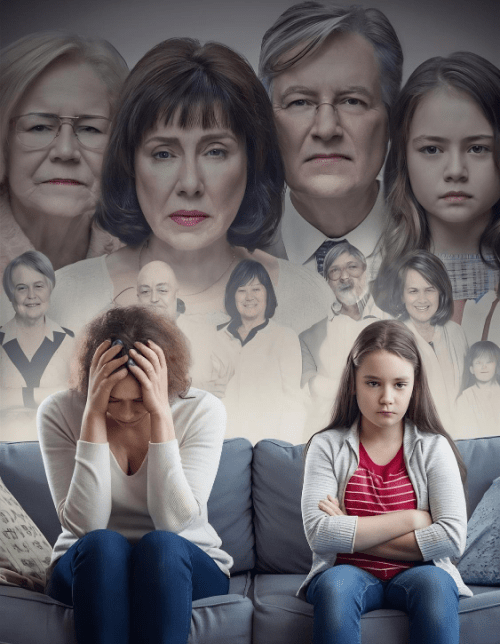

Personality Disorders Counseling and Therapy Treatment
Mental health concerns can have a profound impact on a person’s life and overall health and wellness. Personality disorders are known as patterns of behaviors and internal experiences that vary from societal norms, which cause distress or impairment in various areas of an individual’s life. The Harmony Health Center has several treatment centers within its organization, each of which are viewed as leading providers along the East Coast. Treatment rehabilitation centers can be found in Florida, Massachusetts, New Jersey, North Carolina, and Tennessee.
Our healthcare facilities provide various treatment options for mental health disorders, including personality disorder treatment programs, along with substance use disorders, and dual diagnosis care.
Understanding What is Personality Disorder?
Personality disorders are marked by differences in a person’s way of thinking, feeling, and behaving, when compared to cultural expectations. Individuals may find themselves struggling to cope with their symptoms, and that several different areas of their life are negatively affected by symptoms
The DSM-5-TR is a resource developed by the American Psychological Association that outlines various mental health disorders, including their symptoms and other defying characteristics. Individuals who are living with personality disorders often begin experiencing symptoms in adolescence and young adulthood. Personality disorder symptoms affect at least two of the following areas:
The way they think about themselves and others
How they respond emotionally
Ways in which they relate to others
How they control their own behavior
Personality disorders are separated into three groupings, based on shared characteristics and symptoms. Cluster A personality disorders are known for odd or eccentric behaviors. Disorders belonging to Cluster B of personality disorders can be dramatic, emotional, or erratic in their behaviors. Lastly, Cluster C personality disorders are marked by fearful or anxious behaviors.
Personality disorders are separated into three groupings, based on shared characteristics and symptoms. Cluster A personality disorders are known for odd or eccentric behaviors. Disorders belonging to Cluster B of personality disorders can be dramatic, emotional, or erratic in their behaviors. Lastly, Cluster C personality disorders are marked by fearful or anxious behaviors.
What Are The Different Types of Personality Disorders?
The DSM-5-TR has identified and outlined ten types of personality disorders that individuals may experience. As you continue reading, you will notice the variations in symptoms for the different personality disorders. If you relate to some of the symptoms listed below, we encourage you to contact the Harmony Substance Abuse Recovery Group by to learn about available mental health services.
- Defining Paranoid Personality Disorder (PPD)
- Defining Schizoid Personality Disorder (SPD)
- Defining Schizotypal Personality Disorder (STPD)
- Defining Antisocial Personality Disorder (ASPD)
- Defining Borderline Personality Disorder (BPD)
- Defining Histrionic Personality Disorder (HPD)


